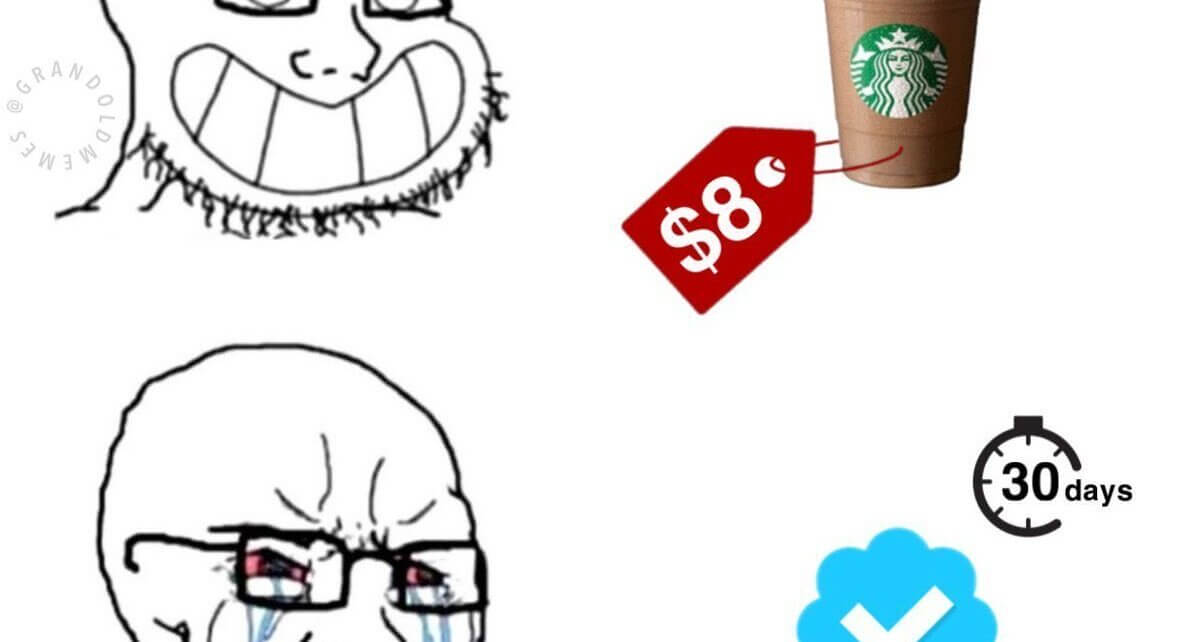Everyone, it’s official. Elon Musk now owns Twitter.
On Oct. 27, Musk bought Twitter for $44 billion. In Musk-fashion, the face-of-Tesla tweeted, “the bird is freed.”
Twitter’s future has entered murky, unpredictable waters as a result of some radical developments ignited by its new owner. Upon ascending his social media throne, Musk’s first order of business was to fire the majority of the original Twitter staff. To make his reign that much more controversial, Musk plans to charge $8 per month for people to maintain their Twitter verification.
Many people also speculate that Musk will unban several accounts that were “wrongfully” banned or restricted. The owners of said accounts include Donald Trump, Alex Jones, Laura Loomer, and Mike Lindell, just to name a few.
Although the premise of Musk’s takeover is to bring free speech back to the social media platform, at what cost will he achieve his vendetta?
The initial reason Twitter restricted the speech of some particular individuals is directly related to their societal statuses and/or authoritative positions. Logically, if the president of the United States makes a bold claim, it has the potential to provoke the masses.
For example, Alex Jones is a well-known podcaster who has made plenty of radical claims on his show, which has contributed to its growing popularity.
Once, Jones was in a heated argument with a CNN reporter about online interference with previous U.S. elections and conservative censorship on specific platforms. Following this interview, Jones was banned from Twitter for violating the policy of abusive behavior politics.
Subsequently, many came rushing to Jones’ defense, believing that Twitter was unjust in its ruling to restrict an individual’s first amendment right to free speech. Nonetheless, to consider the other side of the coin, when a person, or consumer, violates the specific policies of a company, that company reserves the right to reprimand that individual for such actions.
While I see Musk “freeing the bird” as something positive, I do wonder about the consequences users may face down the line. I think giving back accounts that were previously suspended for a good reason will have unforeseen consequences.
Another point to consider— couldn’t $44 billion have gone much farther toward more pressing worldwide issues? Many people are questioning Musk’s intentions for spending the money he did to purchase Twitter.
I, too, question his decision. I realize that Musk had the means of money to buy Twitter, but does his means warrant the end?
Nick Kowalski, a homeland security student, said, “Even though Musk is the owner of a multimillion-dollar company, I think he is getting in over his head with what he is doing. I don’t think he knows how to run a social media platform, and I hope he leaves it to the professionals.”
Tyler Gennaro, a junior computer science student, had a different view on the matter. “I think what Musk did is ultimately a good thing; lately, many social media platforms have been immoral or unethical with how they handle free speech on their platforms, and if Musk can change that so that everyone has access to it, I think that’s a great thing,” he said.
Gennaro also posed the question, “If governments can’t solve world hunger, why do people have the expectation one person should?”
David Beasley, the Director of the United Nation’s World Food Program (WFP), said that Musk could solve world hunger if he donated just 2 percent of his wealth, which equates to roughly $311 billion.
Musk responded to Beasley’s claims saying that he would sell Tesla stock immediately if Beasley could substantiate his claims as to how that money would solve world hunger. Beasley later clarified that he didn’t believe Musk’s wealth would solve world hunger; rather, it would help millions in need.
Beasley was caught spewing false rhetoric, and Musk called him out on it. Nevertheless, if Musk did decide to donate part of his wealth to WFN, I am sure it would be a tremendous help to thousands, if not millions, of people.
Ultimately, Musk buying Twitter for $44 billion boils down to ethics. Musk spent an exorbitant amount of money on an app. Could he not have made headlines for helping WFN or another charitable cause?
Although one can admire Musk for doing something about his concerns regarding free speech on Twitter, I still find it strange how Musk’s concerns for an app can outweigh the more significant problems of today.



